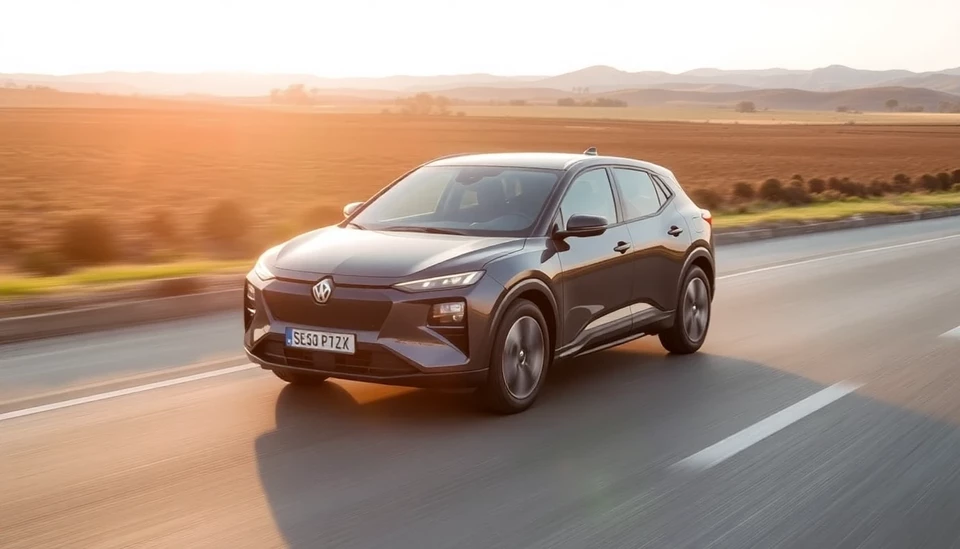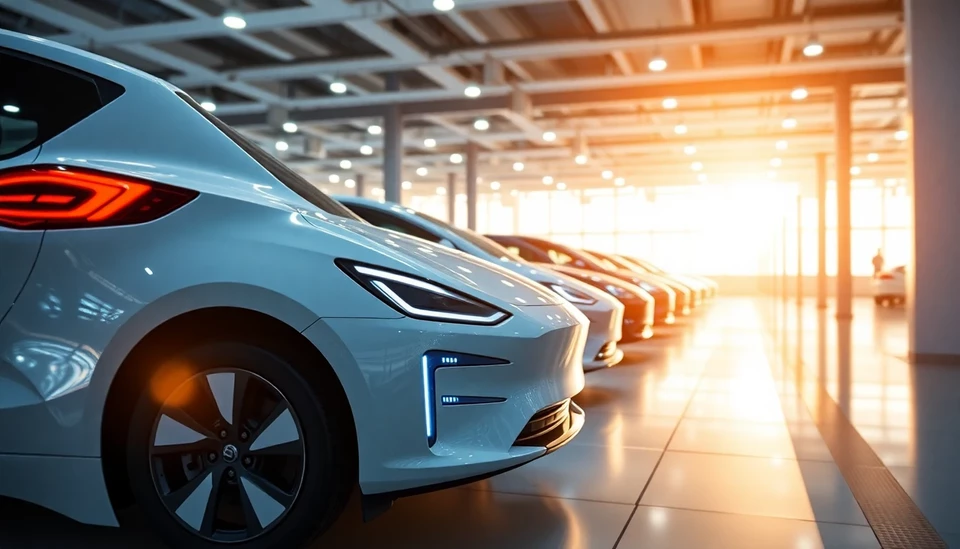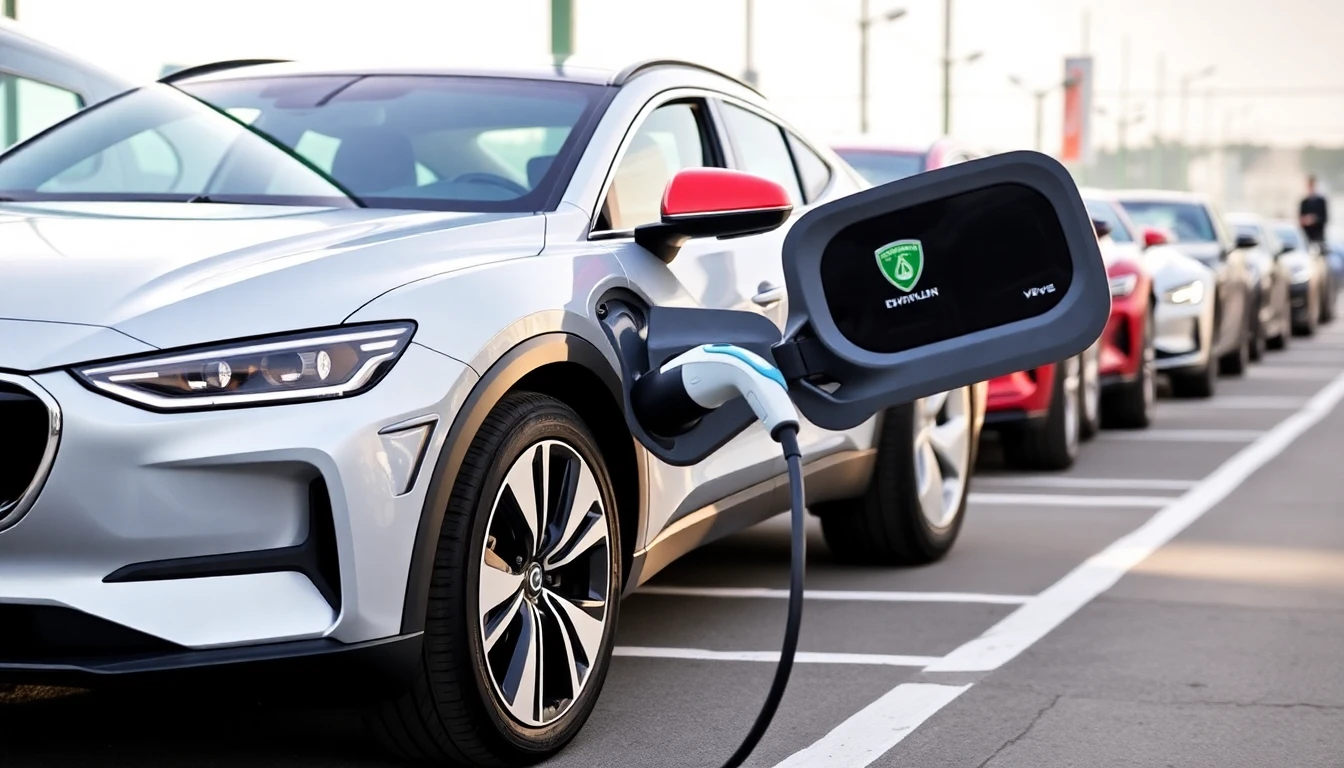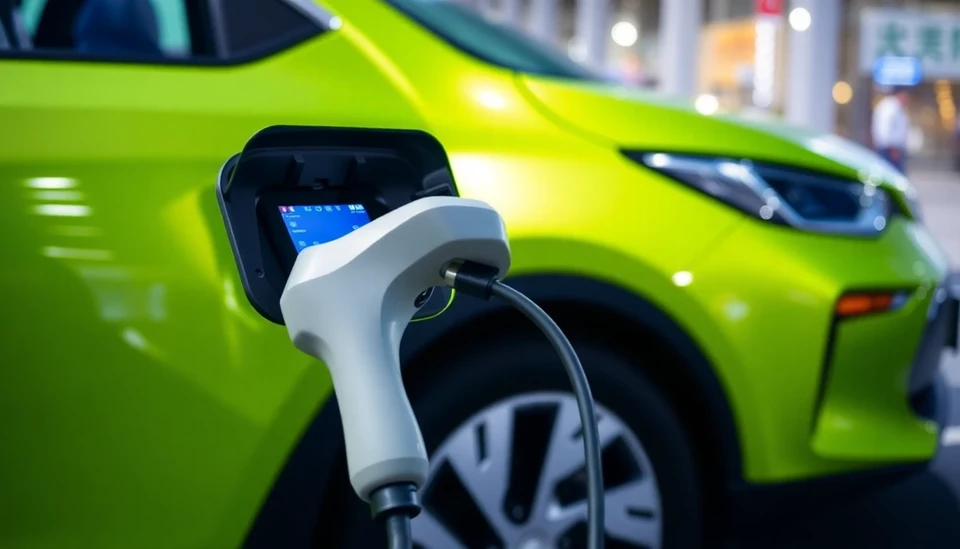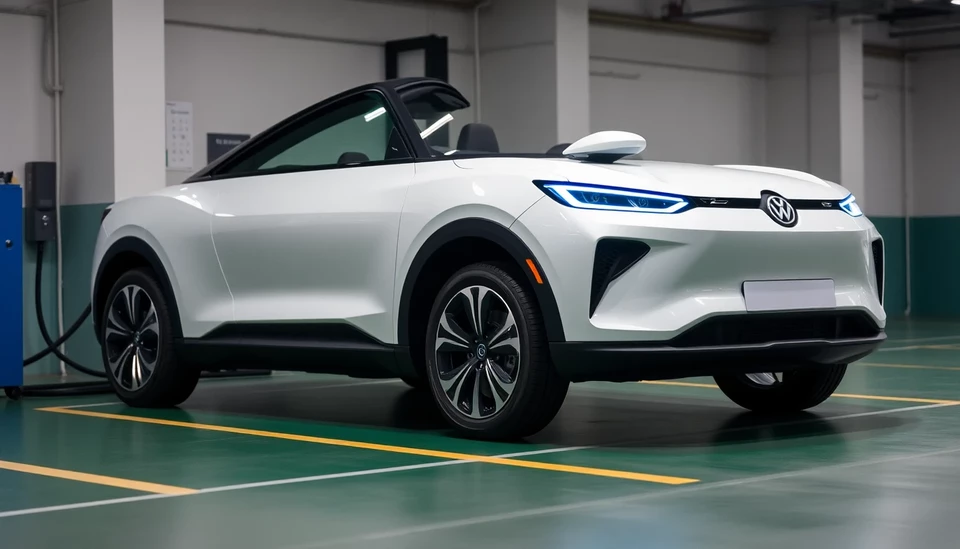
In a significant development affecting the electric vehicle (EV) sector, Chinese manufacturers are grappling with the effects of new tariffs imposed by the European Union. This increase in costs is proving to be a substantial barrier to entry for these companies in one of the world's most lucrative car markets, which is rapidly expanding its demand for electric vehicles.
The EU recently announced higher tariffs on imports of certain Chinese EV models. This move comes as part of the bloc’s broader strategy aimed at safeguarding its local automotive industry, which has been under intense pressure from a surge of cheap imports from China. As a direct consequence of these tariffs, the retail prices of these vehicles are expected to spike, making them less competitive compared to locally produced options.
Analysts affirm that the tariffs are likely to diminish the market share of Chinese EV manufacturers, who have aggressively pursued growth opportunities in Europe. These companies have benefited from China’s extensive EV subsidies, enabling them to offer lower prices. However, the tariffs stymie this advantage, potentially alienating European consumers concerned about rising costs.
EU officials have justified the tariffs, arguing they are essential to counteract unfair competition that undermines European automakers. The tariffs are seen as part of a larger trend where various industries within the EU are advocating for protective measures against what they view as distortive pricing practices by Chinese firms. This, they argue, is not just a matter of economic fairness, but a crucial strategy to protect jobs within the European automotive sector.
In response to the new tariff landscape, some Chinese automakers are reconsidering their strategies. Many are looking into increasing local production within Europe to circumvent the elevated import tariffs. Setting up manufacturing facilities on European soil could allow these companies to maintain competitive pricing while still complying with EU regulations.
Additionally, some market observers suggest that building collaborations with European firms could provide strategic pathways for Chinese brands to penetrate the market without facing the brunt of these tariffs. By leveraging local knowledge and resources, these manufacturers could enhance their appeal and more effectively navigate the complex European regulatory environment.
As the situation evolves, Chinese EV manufacturers will need to quickly adapt to these new challenges. It remains to be seen how effectively they can shift their strategies to maintain competitiveness in Europe while also scaling their businesses amid rising operational costs caused by tariffs.
#ChineseEV #EUtariffs #ElectricVehicles #AutomotiveIndustry #GlobalTrade #MarketChallenges #EuropeanUnion #SustainableTransport #AutonomousVehicles
Author: Samuel Brooks
